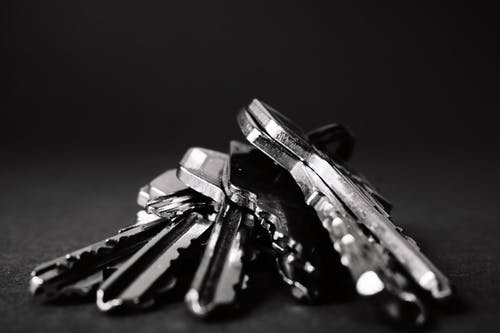 What to expect when buying a home
What to expect when buying a home
Buying a home is both an exhilarating and nerve wracking process. It can be highly time-consuming and it often comes as a relief to finally find the perfect property. But what are the steps associated with purchasing your new home?
While the process may differ slightly depending on your state and sale method of the property, the following guideline can help give you an idea of what to expect.
Determine your buying power
Before you start your research, it can be a good idea to pay a visit to either your bank or a finance specialist who can help you determine what your buying power is. While conditional pre-approvals shouldn’t be taken as gospel, it can be a good idea to have a price range in mind before you fall in love with a property out of your reach.
Do your research
You should never rush into buying a property – after all, this can often be one of the biggest financial decisions you’ll make. Take the time to research the area, different property types as well as looking into associated costs such as stamp duty costs and solicitor fees so that you feel well prepared prior to buying. It can also be helpful to get in contact with local real estate agents and ask them to keep you in the loop with any properties that come onto the market that are similar to what you are looking for. Sometimes properties will sell before being advertised on platforms such as Domain and realestate.com.au, so it can be beneficial to be on any mailing lists that the agents send out.
Due diligence checklist for home and residential property buyers
Make an offer
Once you’ve found a home that fits the bill, it’s time to make an offer! If you have any special conditions, you should instruct the real estate agent to include them as part of the contract. This can include conditions such as subject to finance, building and pest inspections or the sale of your current home. Generally speaking, offers that are higher and have less conditions stand the best chance at securing the property.
Deposit
Once you receive the news that your offer has been accepted, you will be required to make a deposit. The higher the deposit the more serious the offer is taken. The maximum deposit value is 10% of the property’s value. Deposits should be as soon as possible after having your offer accepted. You should also aim to appoint a solicitor to act on your behalf during this time.
Building and pest inspections and finance
After the contract is signed, you’ll organise a building and pest inspection to be conducted at a time that suits you. While this is not mandatory, it is highly recommended to ensure there are no nasty surprises at a later date. Building and pest inspections can provide peace of mind with the knowledge that your new home is free from any serious structural flaws or termites. Your finance should be approved within 14-21 days of signing the contract.
Unconditional
After building and pest is satisfied and finance approved, the purchase moves into the unconditional phase. Buyers can then conduct a pre-settlement inspection. You can use this time to measure your new home for furniture and to ensure no damage has occurred after your initial inspections.
Settlement
In Victoria generally settlement is either 60 or 90 days from the date that the contract is signed, unless agreed upon otherwise. They will generally occur in the afternoon, however it’s important to understand that delays can often occur between solicitors. Once you have been notified of settlement, you will be able to pick up your keys and move into your new home.


